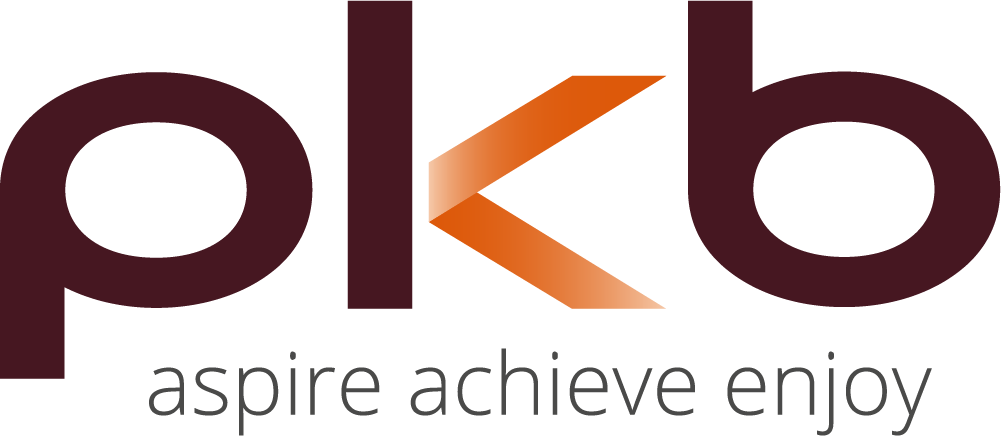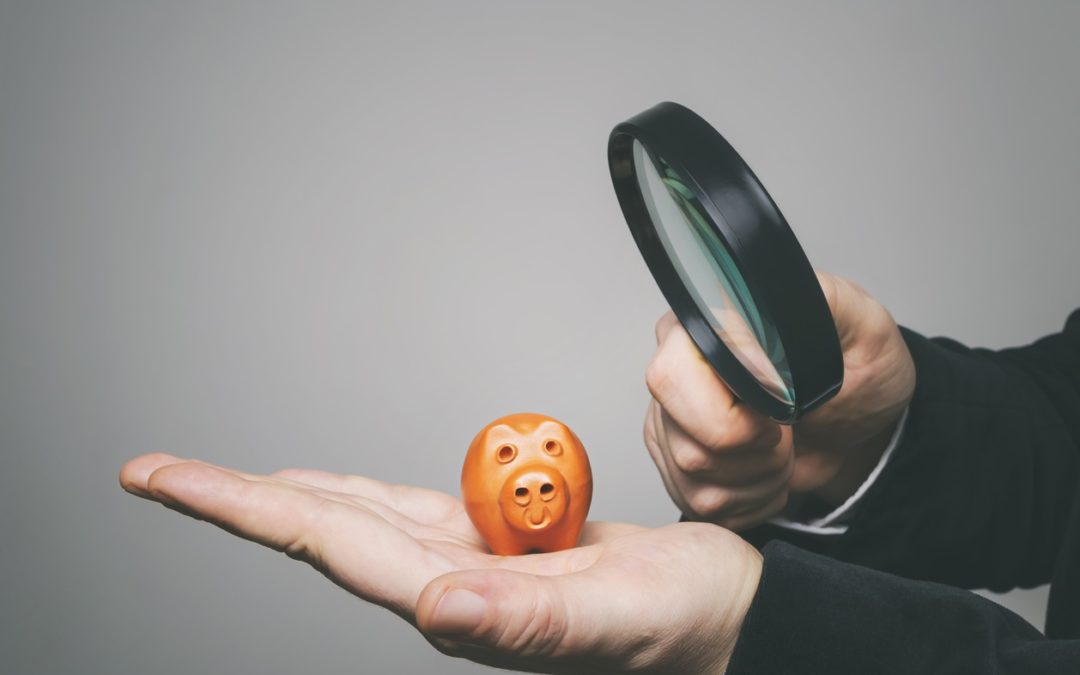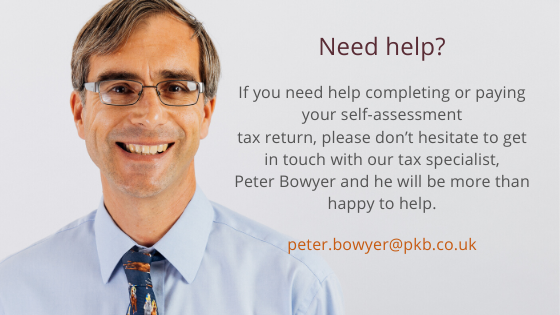New figures have revealed that self-assessment taxpayers owe HMRC more than £1.6 billion in late payments from 2017/18 alone.
Although a record 11.5 million people submitted their tax returns before the 31 January 2019 deadline, not everyone has paid their bill to the Revenue yet.
The £1.6bn currently estimated to be owed for 2017/18 is expected to surpass the final total of £1.83bn paid late in 2016/17. This appears to be somewhat of a trend now as the amount of tax owed by those who missed the payment deadline has increased every year for the last three years.
This figure rose from £1.65bn in 2014/15 to £1.76bn in 2015/16, before climbing to last year’s figure.
Why are more and more people paying their tax bill late every year however? This is likely to come down to the unprecedented volume of people who are filing tax returns. According to the Office for National Statistics, the UK’s self-employed population increased from 3.3m in 2001 to 4.93m in March 2019. To put it simply, more people are self-employed than ever before which is naturally going to push the number of late payers up.
Another issue is that those who are new to self-employed life often don’t fully understand how the self-assessment tax system works. For example, tax on first-year profits is paid at the same time as the first payment on account for estimated tax owed on predicted second-year profits.
This lack of understanding can lead to unexpectedly large tax bills in the early years after registering as self-employed.
In January 2018, the Revenue banned taxpayers from using their personal credit cards to pay their annual tax bills. Personal debit cards can still be used to pay a tax bill, as can company or corporate credit cards. Not being able to use a personal credit card is however likely to be making it difficult for some people to pay their tax bill on time.
What if I owe HMRC money?
It’s important that you try to pay your tax bill as soon as you can. Late payments do unfortunately incur hefty fines which is just going to increase the amount you owe. You can get an estimate of how much you’ll have to pay in penalties and interest by heading to gov.uk.
It may be daunting but if you’re struggling, you should call HMRC and at least let them know. They may be able to work out a payment plan for you.
Alternatively, an accountant can help you get your finances in order and put together a budget so you can set aside the right amount of money each month. Admittedly, this is an added expense but accountants are experts when it comes to reducing tax bills and will be able to let you know what you’re entitled to claim for.
A spokesperson for HMRC commented:
“We want people to pay on time rather than receive penalties. If customers are unable to pay on time, they may avoid penalties by contacting us as soon as possible and we can discuss whether it might be possible to set up a payment plan.”
To read news and blogs from Peter Bowyer, click here >>



